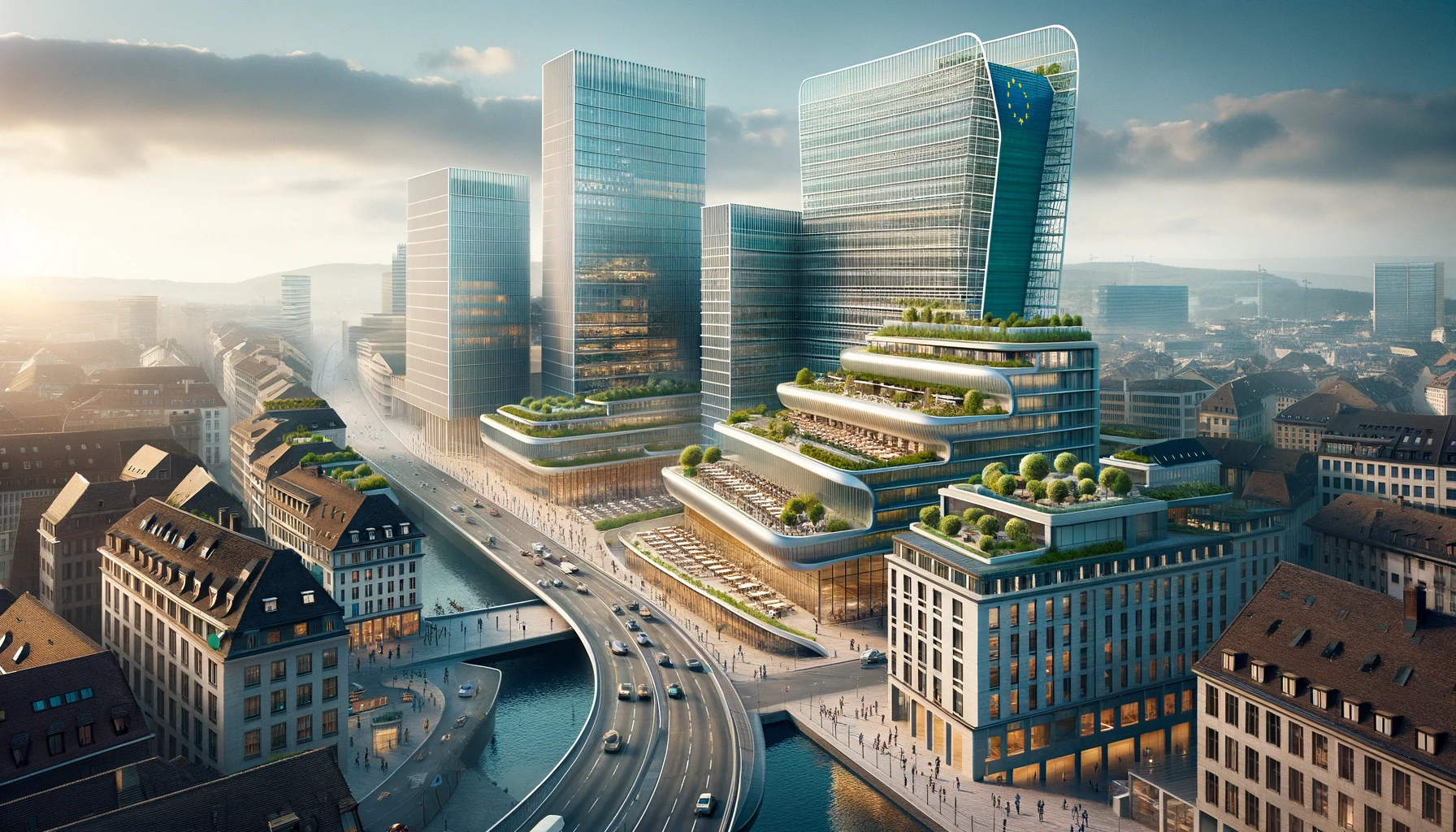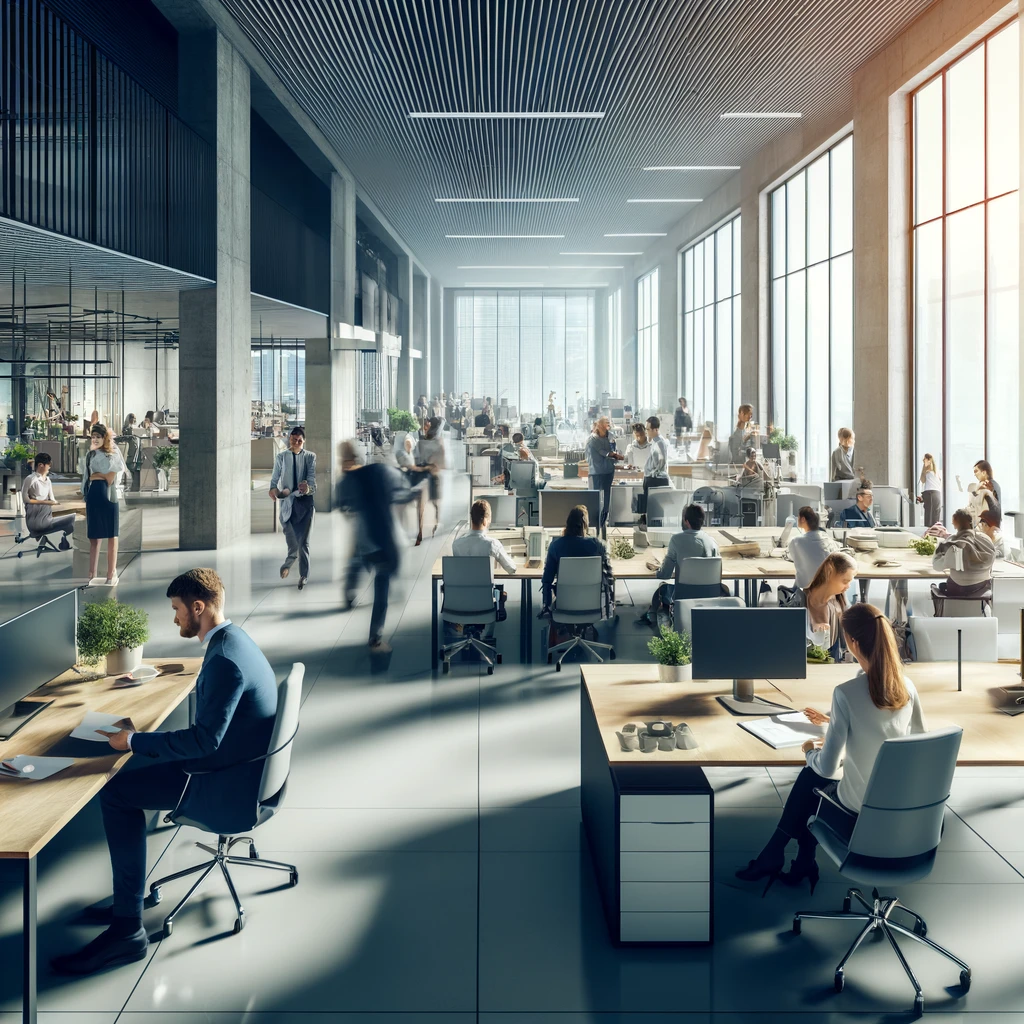The EU in Home Office: New Office Concept for Commission in Brussels

The Belgian Capital in Motion: By 2030, the European Commission plans to close half of its buildings. The reason is the demand for home office: More and more employees are completing their tasks from home, and office spaces are emptying. The Commission’s response to opt for modern offices with less space demonstrates foresight.
Act flexibly, act future-oriented
From 50 to 25: That is the goal that the European Commission aims to achieve by the end of the decade. Many of the Commission’s buildings are now only partially used since the COVID-19 pandemic made working from home a part of everyday life.
According to Johannes Hahn, EU Commissioner for Budget and Administration, the reorientation was laid out, among other things, based on a survey among employees: Over 90% of the staff in Brussels support a working concept that includes two to three days of remote work per week. This measure is also part of the effort to position the European Commission as a flexible and attractive employer.
Centralize workplaces, save costs
The Plan for Brussels: By the year 2030, the workforce will be consolidated from a total of 49 office properties into 25 office complexes. The main headquarters in the Berlaymont building will remain. As a result, the Commission aims to reduce the space from approximately 780,000 to 580,000 square meters – a measure that brings cost savings ranging from 280 million to 440 million euros.
It’s a promising objective, but the method still has room for improvement. To achieve the reduction in space, the European Commission has two options: terminating lease agreements or constructing new buildings. While the former aligns with the sustainable approach of relinquishing space, valuing and maintaining existing buildings instead of neglecting them and replacing them with new properties is a significantly more sustainable perspective.
Tools like ReCoTech combine New Work and sustainability: The unique algorithm optimally allocates existing workspaces within current spaces and explores new ways to utilize existing resources. From individual offices to spacious shared offices, the solution considers individual spatial concepts needed for different tasks – complemented by intelligent workspace booking and data-driven monitoring, the standard for successful hybrid work.
These articles might also interest you

Massive resistance: SAP introduces mandatory office attendance – despite internal criticism
The software group SAP is introducing a mandatory attendance requirement of three days a week in the office by the ...

How can workplace automation improve workplace booking?
Automated processes exist everywhere to simplify everyday tasks. Under the term workplace automation, this concept is gaining more and more ...

The digital workplace: Are on-premises or cloud booking systems better?
Companies that embrace hybrid work rely on technologies for workspace booking. The booking software depends on internal company data – ...

